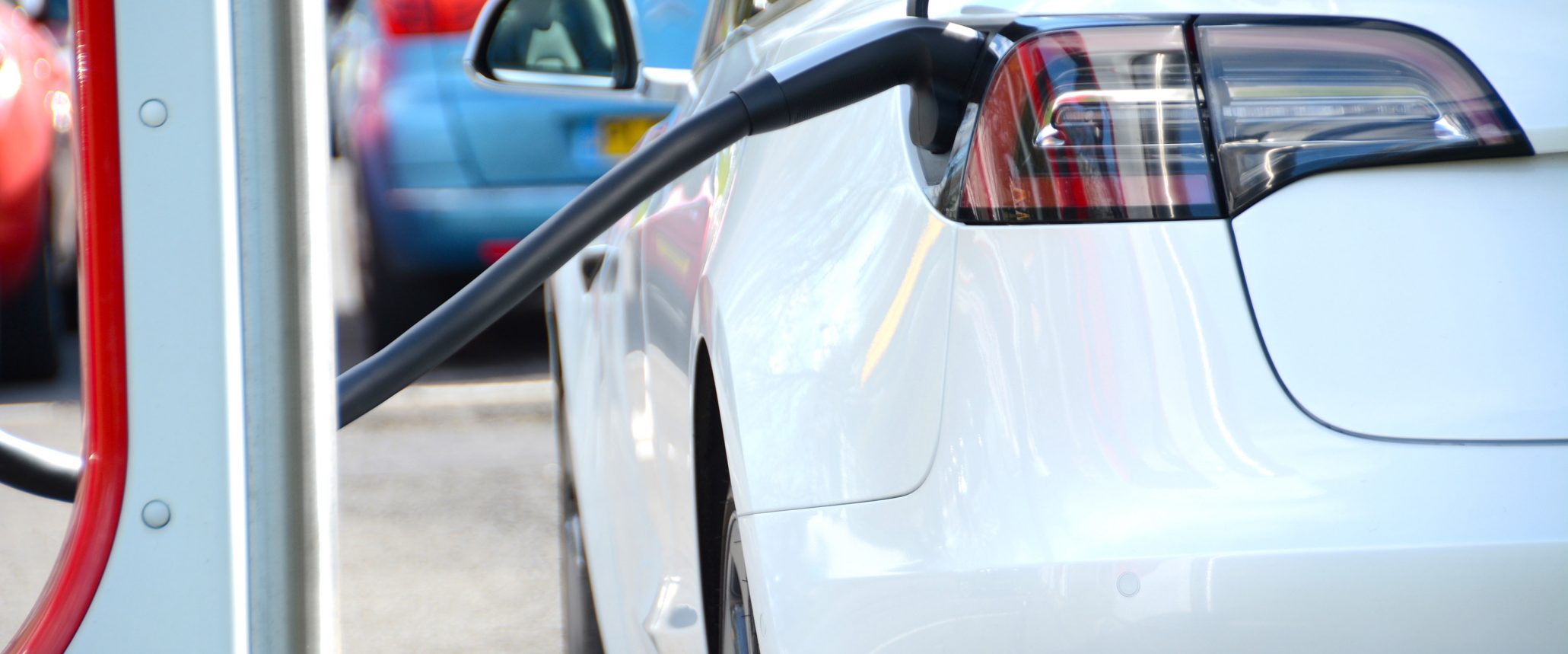- One of the main benefits of EVs is that they can save you money: Charging their batteries with electricity is nearly always cheaper than filling an ICE vehicle with petrol or diesel – particularly if you charge at home. Indeed, electricity costs for battery electric vehicles can be around one-fifth of the cost of petrol.
- EVs have fewer parts and use a different breaking method compared to ICE vehicles, which means lower running costs as there’s less that needs to be looked at. Servicing also tends to cost less.
- EVs are an environmentally friendly alternative to petrol or diesel cars as they have a lower carbon footprint and generate much less air pollution: they have zero tailpipe emissions of CO2, NOx and particulates at all times in the case of battery electric vehicles, or when running in all-electric mode for plug-in hybrid electric vehicles (PHEVs). So they don’t only help in the fights against climate change, it also helps with local air quality.
If you want to check how much CO2 an EV can save compared to a diesel or petrol car over its lifetime, Transport & Environment (T&E) have put together this tool that compiles all the most up-to-date data on CO2 emissions linked to the use of an electric, petrol or diesel car.
- The lower or zero emissions of EVs mean that they will attract no or lower charges from Clean Air Zones being implemented around the UK and London’s Ultra Low Emission Zone (ULEZ).
- EVs offer a better driving experience than petrol and diesel cars: They have instant available torque at all times for smooth, responsive acceleration, and offer regenerative breaking when easing off the accelerator. They also tend to have a low centre of gravity, which impoves handling and safety. With only one gear to speak of, they’re very easy to drive as they are similar in practice to an automatic petrol or diesel car.
- EVs are also much quieter compared to petrol or diesel cars. In fact, they are so quiet that they are now required to have an Acoustic Vehicle Alert System (AVAS) to emit a sound when reversing or travelling below 12mph to avoid accidents.
- Battery electric vehicles attract just 2% Benefit-in-Kind (BiK) tax until 2025, potentially saving company car drivers thousands of pounds per year. From 2025, it’ll increase just 1% per year until 2028. This means it’ll only increase to 3% in April 2025, then to 4% in 2026, and then 5% in 2027 staying there until 2028.
- Battery electric vehicles are exempt from Vehicle Excise Duty (road tax) until 2025.
- EVs benefit from Government grants to install chargers for landlords and renters, as well for businesses to install workplace charge points.
- There are grants for purchasing wheelchair accessible vehicles, as well as EV vans, trucks and taxis.
- Many companies offer salary sacrifice schemes for EVs, which can offer large savings on renting an EV depending on your tax band.
- Charging your car at home overnight means no more trips to petrol stations! And as the range of EVs keep on improving, this also reduce the need to stop for public charging.
- With smart charging, drivers can benefit from cheaper electricity and supports stabilisation of the electricity network.
